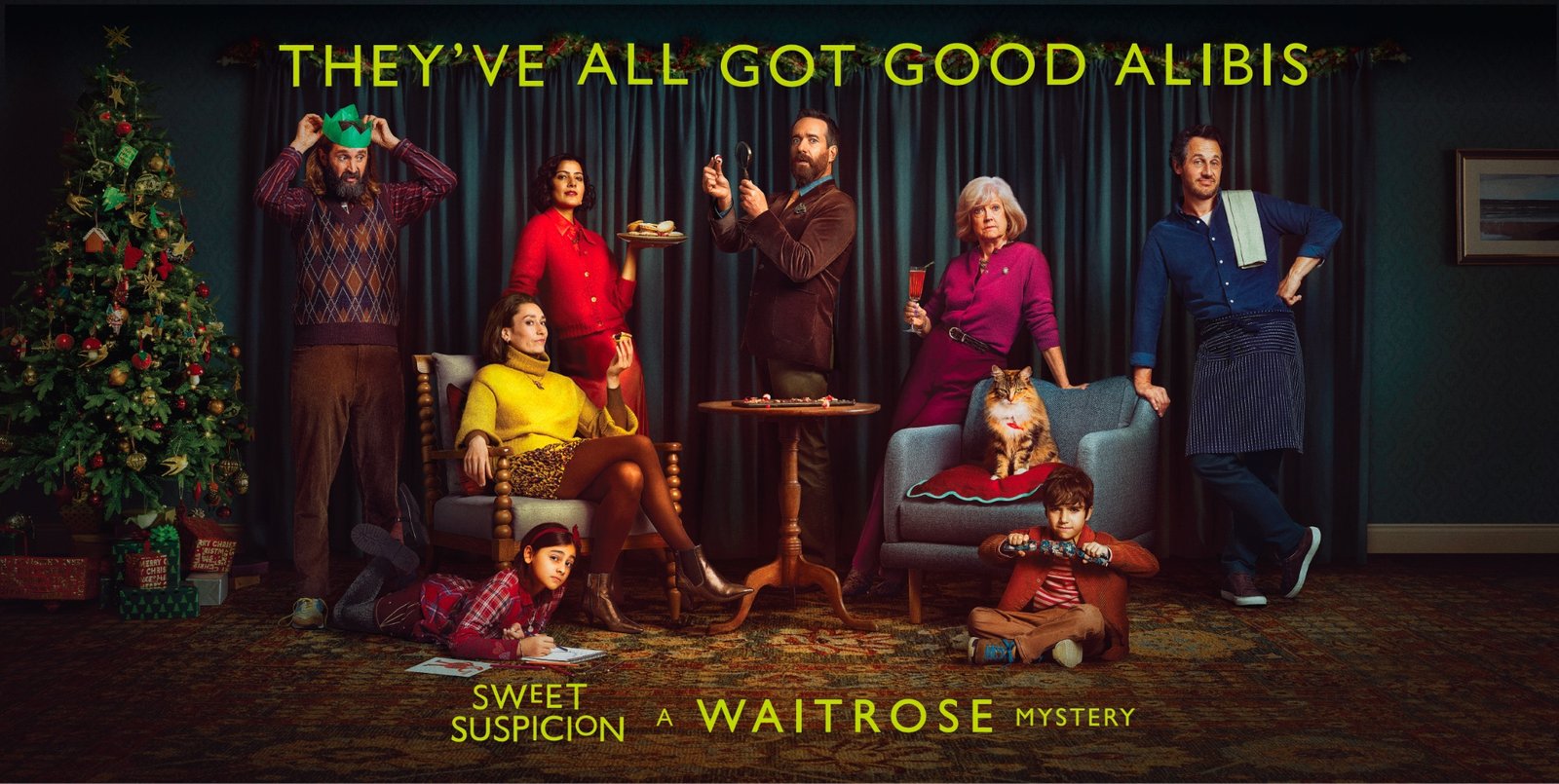Get In Touch
hello@untangld.co
Get In Touch
hello@untangld.co
Follow
|
LinkedIn

We use cookies to make sure you have the best experience on our website. Fear not, we don’t sell your data to third parties.


Despite a sluggish 2023, and a bleak economic outlook for 2024, a recent study by Gallop showed that Americans were planning on spending more on gifts this year than ever before, $975 in 2023 vs $867 in 2022 (+$109). Inflation of course plays a role but when everything is more expensive, where is the belt tightening?

Likewise in the UK, Moneysupermarket recently released their Household Money Index which gives us insight into how Christmas spending has changed. UK households, on average, will astonishingly spend 80% of their monthly income on Christmas, totaling around £1,811.70. Compared to 30 years ago, with numbers adjusted for inflation, the average household spent £464.43 in 1993 (£229.48 in real terms). The categories driving the largest increase in spending are arguably the ones that are most superfluous, with a 606% increase in Christmas spruce ups (spending on beauty treatments/hair cuts) and a 175% increase in spending on alcohol.
While buying gifts might display generosity, the cost shouldn’t determine its success as a present. Despite this, the luxury goods market shows no signs of slowing, with the exclusivity of products drawing more people into the category, alongside large increases in the value of shoppers too. It’s projected to reach €1.5 trillion in 2023, an 8-10% growth over 2022.
Conversely, we’re also seeing the second-hand market growing too. In TBS recent survey, they found that 65% of people surveyed, and who celebrate Christmas, would be happy to either give or receive a gift from second-hand sellers such as Vinted, Depop or eBay. Second hand gifting seems to particularly resonate with price sensitive 16-24 year olds and over 55 year olds. Those interested in supporting local businesses and reducing their environmental impact are also motivated to buy second hand to reduce waste.
With so much financial pressure bearing down on people today, you would think this would be a perfect time for businesses to reflect on the role they play in people’s lives. Businesses have invested millions in creating emotionally resonant brands. Partly in a bid to better communicate and humanise products and services, and to help orientate business decisions for the good of people and profits. Yet, many businesses’ behaviour in recent years epitomises predatory profiteering.
Many of the UK’s biggest businesses have increased their profit margins, far outpacing the rise in costs, which not only reduces value to the end consumers but also has the knock-on impact of helping to push up inflation last year to levels not seen since the early 1980s. Whilst paying significantly less attention to staff costs. A recent piece in the guardian found that “wage increases largely failed to keep pace with inflation, and workers suffered their largest fall in disposable incomes since the second world war.” (The Guardian ‘Greedflation‘, Dec 7th 2023)
In recent years, we have started to see a shift by some businesses towards a more balanced approach that values not only profit but also the wellbeing of people and the planet. This paradigm shift is exemplified by the rise of B Corporation, companies that are legally required to consider the impact of their decisions on their workers, customers, suppliers, community, and the environment.
B Corps represent a new model of business that explicitly acknowledges the interdependence between societal welfare and corporate success. Unlike traditional corporations, whose primary responsibility is to shareholders, B Corps are committed to a higher standard of purpose, transparency, and accountability. They strive to create value for all stakeholders – employees, communities, and the environment – not just shareholders. This broader perspective on value creation challenges the conventional wisdom of shareholder primacy and profit maximisation.
The role of shareholders in this evolving landscape is also under scrutiny. There’s a growing realisation that unchecked shareholder greed can lead to short-termism, which often undermines sustainable business practices and social responsibility. Shareholders, particularly institutional investors, are increasingly expected to play a more active role in promoting responsible business practices. They are urged to consider environmental, social, and governance (ESG) factors in their investment decisions and to engage with companies on long-term value creation strategies that benefit society and the environment.
This emerging trend towards a more holistic approach to business – one that balances profit with purpose – reflects a deeper understanding of the role of businesses in society. It recognises that companies can be a force for good, contributing positively to societal challenges such as climate change, inequality, and social injustice.
At a time traditionally associated with goodwill and generosity, the real meaning of Christmas, and indeed of business, can be found in efforts that uplift humanity and safeguard our planet for future generations.
By adopting this more balanced approach, businesses can help redefine the meaning of success in a way that aligns with the values of Christmas – generosity, community, and stewardship of the earth.
As Chief Marketing Officers or Founders plan for next year, they must consider how effectively their business is working to fulfil its brand purpose. Are they words on a page, or an actionable codified plan that you and your team can be proud of?
For something entirely different on the topic of gifting, check out Jamal Cassim’s latest piece on Harvey Nichols’ iconic Christmas campaign.









→ Emily Gray brings extensive knowledge from her combined agency, client, and startup background, having worked with brands such as Diageo, Bank of New York, Vanguard, ANZ, SchweppesAsahi and O2. She specialises in connecting creativity and commercial outcomes and is a trusted advisor to both CMOs and CXOs alike.
